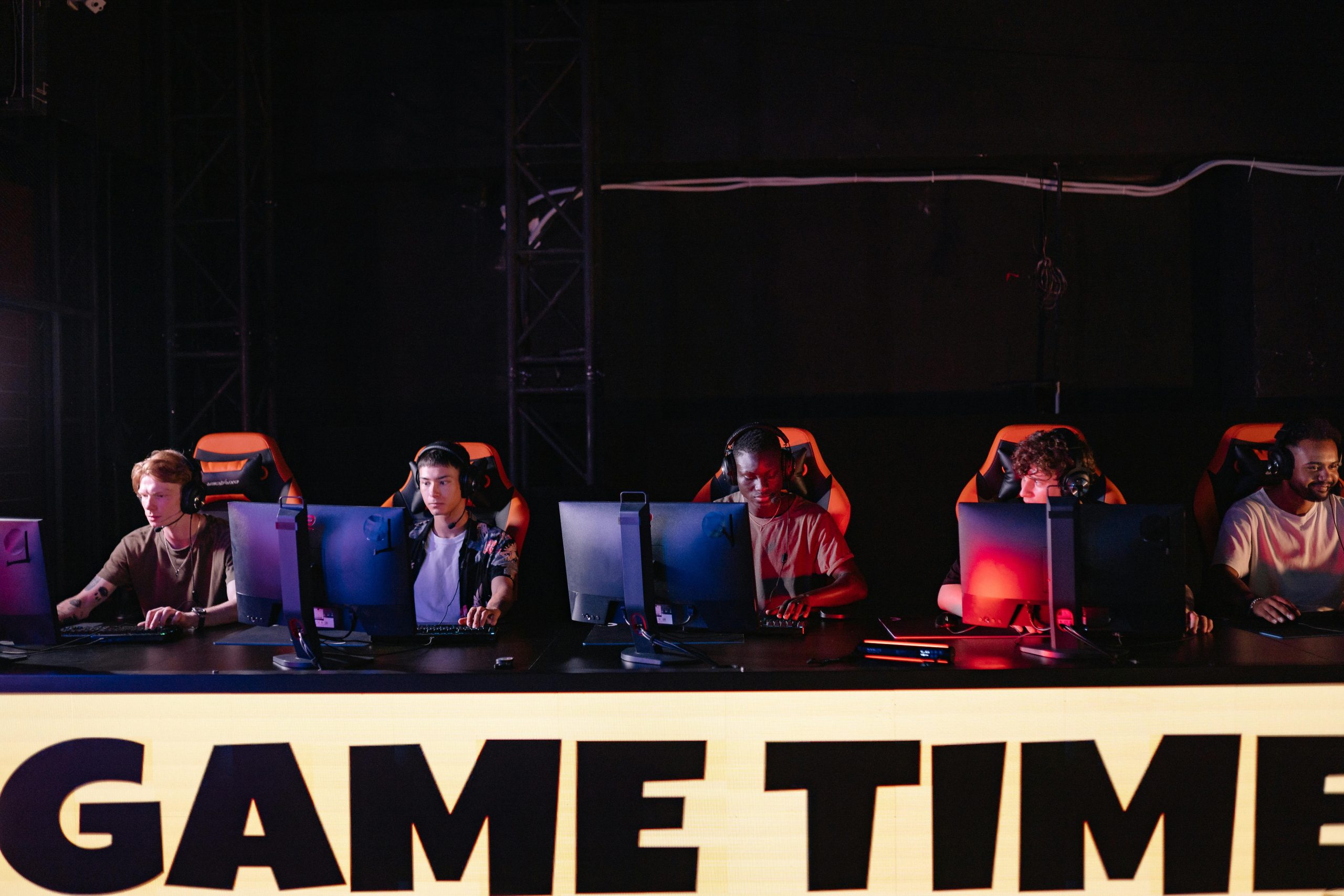Understanding and Troubleshooting Frequent “Soft” Crashes During Medium-Intensity Gaming: A Comprehensive Guide
Introduction
Experiencing unexpected system instability during gaming sessions can be frustrating and disruptive, especially when the crashes occur intermittently and impede gameplay. In this article, we examine a common phenomenon often referred to as a “soft” crash—characterized by a brief screen darkening and temporary loss of control—particularly during medium-intensity gaming. We will explore the potential causes, diagnostic methods, and effective troubleshooting steps to resolve such issues.
Defining a “Soft” Crash
A “soft” crash typically manifests as a momentary blackout of the display, where the screen turns dark gray for a few seconds without the system shutting down entirely. During this time, user input is unresponsive, and following the blackout, various running applications restore as they were prior to the incident. Notably, certain games like real-time strategy titles and action shooters may trigger this behavior more frequently, whereas others such as multiplayer online battle arena (MOBA) games, platformers, or tower defense titles might not.
Example Scenario
Consider a gaming setup where the user notices frequent soft crashes during play sessions involving an RTS or a shooter, but not during lighter or differently optimized titles. Monitoring system resource usage during these incidents might reveal that the CPU and Disk 0 (C:) drive spike to 100%, while the Graphics Processing Unit (GPU) utilization drops to zero during the crash. Such diagnostics are instrumental in pinpointing the underlying causes.
Potential Causes
Several factors could contribute to this phenomenon, including:
- Driver Conflicts or Outdated Drivers: Graphics, chipset, or storage device drivers that are outdated or incompatible can cause system hangs or crashes.
- Hardware Bottlenecks or Failures: Issues with the GPU, RAM, or storage devices may lead to sudden performance drops and system freezes.
- Thermal Throttling: Elevated temperatures can cause hardware to momentarily halt to prevent damage.
- Power Supply Limitations: Insufficient or failing power supply units (PSUs) can cause instability under load.
- Software Conflicts or Corruption: Operating system issues or background processes may interfere with game performance.
- Storage or Disk Errors: Problems with SSD health or file system corruption may lead to high disk activity and system stalls.
Diagnostic Steps
To systematically identify and resolve the issue, consider the following steps:
- Update Device Drivers
- Ensure your GPU drivers are current by visiting the
Share this content:

